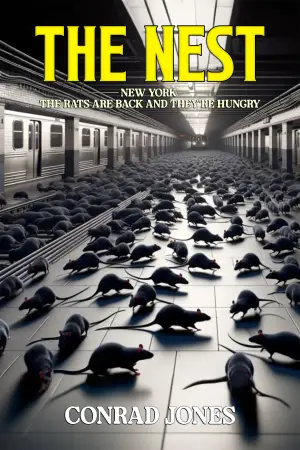A Review of Stolen Pride: Loss, Shame, and the Rise of the Right by Arlie Russell Hochschild
As an avid reader, I’ve always been captivated by books that explore societal complexities, particularly those that revolve around identity and belonging. Stolen Pride: Loss, Shame, and the Rise of the Right by Arlie Russell Hochschild immediately stood out to me for its ambitious attempt to unravel the intricate threads of shame, pride, and the potent forces driving political divides today. The title alone suggests a layered narrative, drawing us into a world where personal and political struggles mirror each other in haunting ways.
Hochschild’s exploration of pride serves as a powerful lens through which we understand the lives of three poignant figures: Ruth Mullins, John Rosenberg, and Dr. Budgy. Each has faced their own version of loss and shame, shaped by their identities and histories. I found it particularly compelling how Hochschild frames their experiences against the backdrop of broader social structures—invoking historian Isabel Wilkerson’s insights from Caste to compare the impacts of race and religion across the United States, India, and Germany. This multi-faceted approach urged me to reflect on my own understanding of identity and the often invisible barriers that shape our lives.
The characters are not just names in a book; they symbolize broader societal concerns, embodying the struggles of individuals who grapple with the “pride paradox.” Hochschild captures the sentiment of feeling both marginalized and blamed—yet still hopeful for a chance at the American Dream. It invokes a deep empathy in the reader, as we witness their attempts to navigate an increasingly polarized landscape.
Hochschild’s writing is both accessible and thought-provoking, weaving personal anecdotes with rich historical context. The pacing balances reflective moments with urgent insights, prompting me to pause and consider each theme. One quote that resonated deeply was when she described how the “winds of majoritarian nationalism” now sweep across the landscape—a phrase that echoed with undeniable urgency. In our own times, it’s a clarion call to examine how feelings of loss and grievance can be weaponized to create division.
Another memorable moment was her dissection of the “deep story” prevalent on both sides of the political spectrum, particularly the tale of the man in line, tired but expectant of his turn at the American Dream. This metaphor really struck a chord for me, as it illustrates how narratives can shape one’s sense of pride and identity. It made me think about who feels left behind in the race for fulfillment and how such feelings can morph into anger and mobilization.
As I closed the book, I felt both informed and challenged. Hochschild’s exploration isn’t just a critique; it’s a call to understand the human emotions that fuel political tribalism—one that demands empathy rather than judgment. I truly believe that Stolen Pride will resonate with anyone engaged in contemporary social discussions, particularly those trying to bridge the chasm between divided communities.
In conclusion, Stolen Pride is a vital read for anyone looking to make sense of the emotional undercurrents driving today’s political climate. Hochschild invites us to see through the eyes of those often relegated to the sidelines, making it a reflection not just on pride and politics, but on our shared humanity. It left me contemplating the broader implications of my own beliefs and the power of empathy in forging connections across divides—something our society desperately needs. If you’re curious about the intersection of identity, pride, and politics, Hochschild’s work promises to guide you through a narrative that challenges and enlightens.
Discover more about Stolen Pride: Loss, Shame, and the Rise of the Right on GoodReads >>






